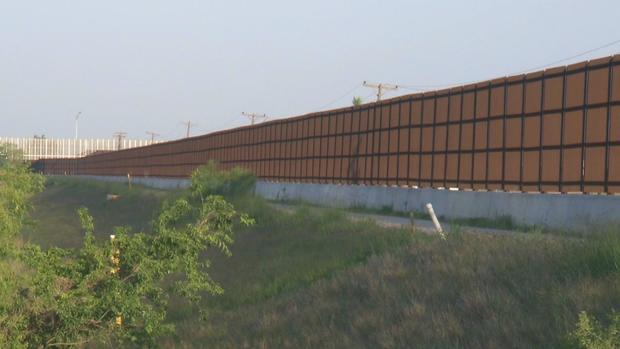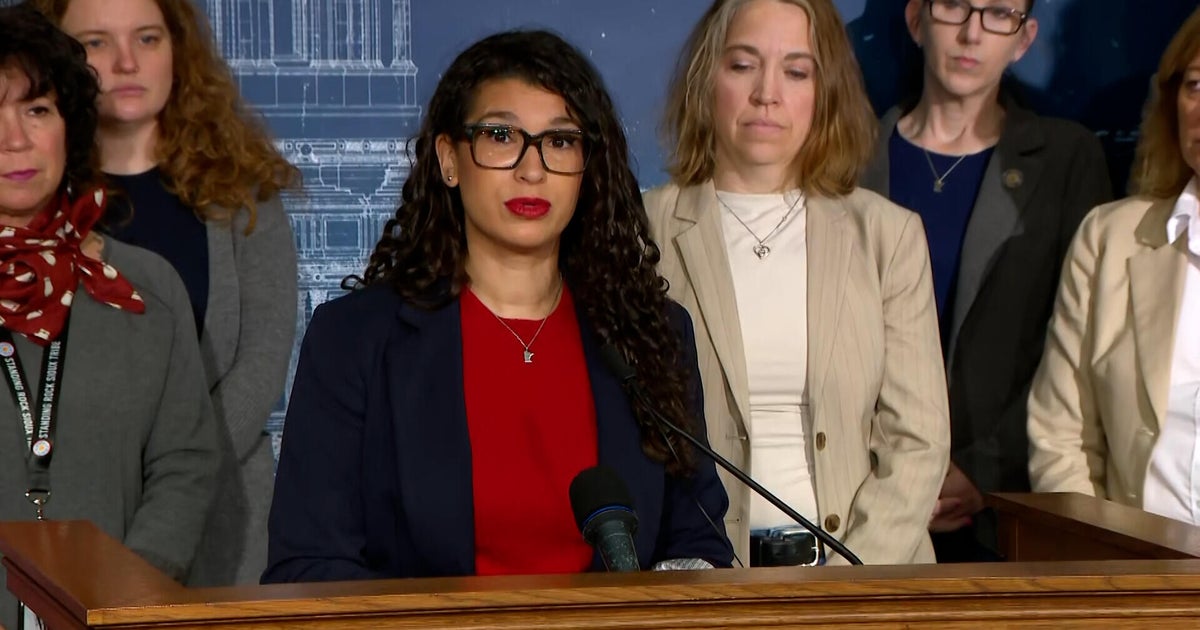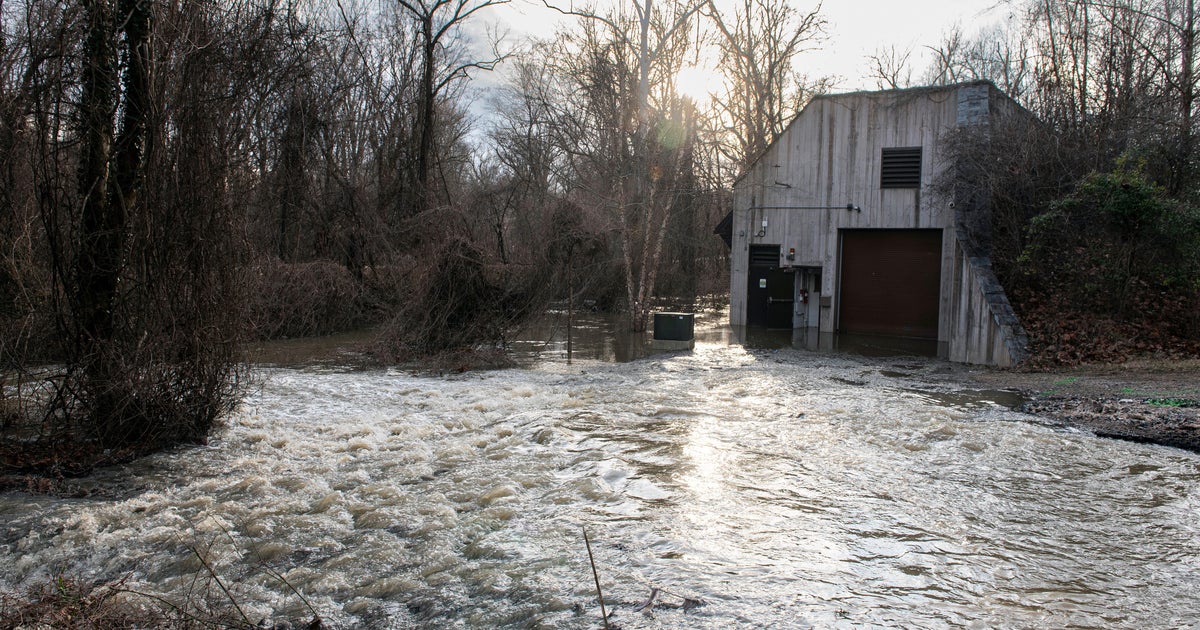Why some Trump voters in Texas oppose Mexico border wall
BROWNSVILLE, Texas -- The Homeland Security Department has extended today’s deadline for contractors to submit proposals for the first part of President Trump’s Mexico border wall.
Customs and Border Protection says it must be 18 to 30 feet high and extend at least six feet underground to block tunnels. It should be difficult to climb or breach and be “aesthetically pleasing” on the U.S. side. CBS News has learned the first 48 miles will go up in San Diego and along the Rio Grande at a cost of nearly $1 billion.
With more than 300 acres, the River Bend Resort is one of the few areas left in Brownsville, Texas, without a border fence. Many of the retirees who live there want to keep it that way, reports CBS News correspondent David Begnaud.
“It’s not needed. Border patrol is here all the time,” Greg Heiy said. “They launch their boats at our boat ramp and they are here within 30 seconds.”
Heiy and his wife, Lauren, voted for President Trump. They think money for the wall would be better spent on resources for border agents.
“They need updated technology equipment, better cameras. Maybe some more drones,” Lauren said.
A treaty with Mexico prohibits anything that could obstruct or deflect the Rio Grande. So when the Bush administration built its border fence, it wanted to do it in the middle of River Bend.
If the Trump administration follows suit, the wall goes up, essentially what it does is splits the resort community in half. And you’ve got 200 people living on one side, and 400 of their friends on what becomes the Mexican side of the wall.
Seventy percent of the resort – including 15 holes on the golf course – would become a kind of no-man’s land between the fence and the actual border.
“It’s not just a golf course. It’s a family business,” Jeremy Barnard said.
Barnard, another Trump supporter, is River Bend’s general manager.
“We have 30,000 golfers a year. You’re going to give 30,000 golfers an access code and come through and play their holes?” Barnard said.
John Garrett owns JP Construction, a Fort Worth company with 50 employees. He’s submitting a border wall proposal today.
“It’s going to create a lot of jobs for unemployed construction workers, veterans, individuals,” Garrett said.
The administration is seeking bids for prototypes with a “see-through” component, made with concrete or other materials.
“They never talk about all the people that die trying to make it across to the United States illegally. So I think it’ll save a lot of lives also,” Garrett said.
The federal government controls less than a third of the nearly 2,000 mile-long southern border. The rest belongs to the states, Native American tribes, or like River Bend, is privately owned.
“The government could come in, offer you an amount and if you don’t like it, they could seize it through eminent domain. You know that?” Begnaud asked.
“I do,” Barnard said.
“I get the sense that you’re ready to fight,” Begnaud said.
“If that happens, we have already retained a lawyer and we’re ready to make sure we are compensated fairly for it,” Barnard said.
Barnard said if the government pays, River Bend’s asking price would be in the millions. At first glance, this may look like a wealthy community, but most of these folks are middle class who say the wall would have an immediate negative economic impact.




